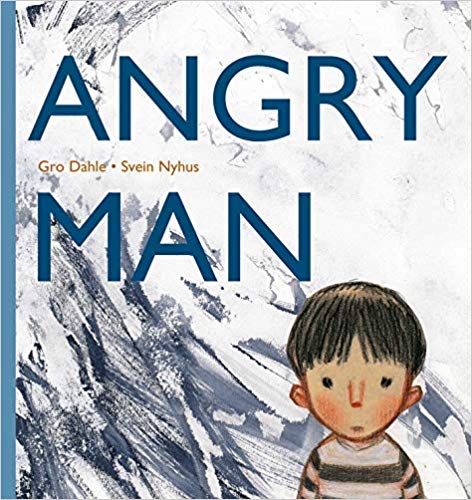By Susan Corapi, Trinity International University, Deerfield, IL
 This past week, I was at my local grocery store, masked and intent on finding the items on my list. As I swung around the corner with my buggy (obeying the one way directional arrows on the floor), a young man walked toward me, clearly not obeying the directional arrows. Furthermore he was not wearing a mask (required in all buildings in the state of Illinois). I was ticked–why did he think he could skip the mask, not follow the arrows telling him where to walk, and endanger my health??? For a moment I debated asking about his required mask, but I quickly dropped the idea and ignored him. My anger was safely bottled up and shared only with people as we discussed behaviors that keep us safe. But that is not the case for many across the country, as people express their anger at racism, the pandemic restrictions and any other big or little thing that has happened (e.g., the sun was too bright; my internet crashed yet again). Understandably, we are reacting to the tension of the difficult past months and an unknown future. As adults, we struggle to remain calm and not overreact. If we ourselves are learning how to express our frustrations in this new time, it points to the necessity of helping kids express and deal with their strong emotions, particularly the focus this week: anger. Continue reading
This past week, I was at my local grocery store, masked and intent on finding the items on my list. As I swung around the corner with my buggy (obeying the one way directional arrows on the floor), a young man walked toward me, clearly not obeying the directional arrows. Furthermore he was not wearing a mask (required in all buildings in the state of Illinois). I was ticked–why did he think he could skip the mask, not follow the arrows telling him where to walk, and endanger my health??? For a moment I debated asking about his required mask, but I quickly dropped the idea and ignored him. My anger was safely bottled up and shared only with people as we discussed behaviors that keep us safe. But that is not the case for many across the country, as people express their anger at racism, the pandemic restrictions and any other big or little thing that has happened (e.g., the sun was too bright; my internet crashed yet again). Understandably, we are reacting to the tension of the difficult past months and an unknown future. As adults, we struggle to remain calm and not overreact. If we ourselves are learning how to express our frustrations in this new time, it points to the necessity of helping kids express and deal with their strong emotions, particularly the focus this week: anger. Continue reading



